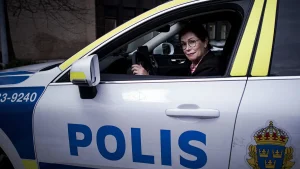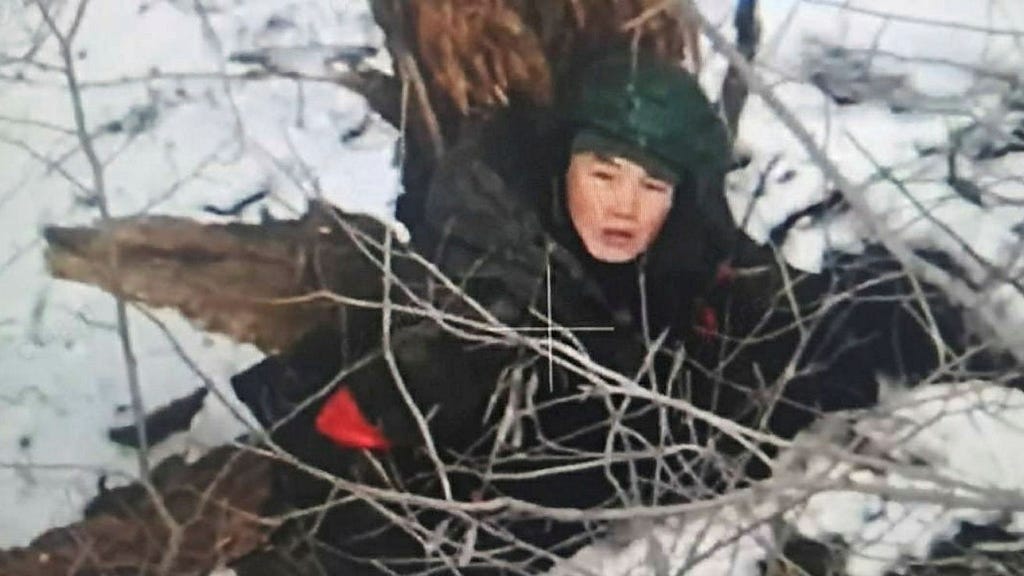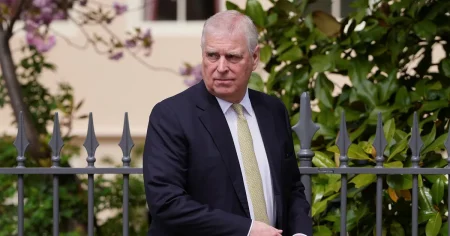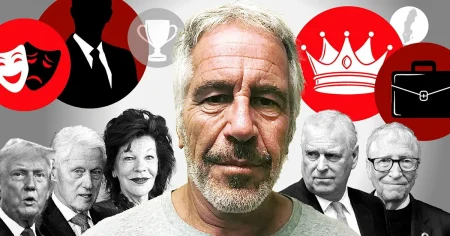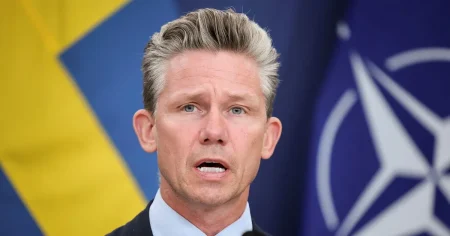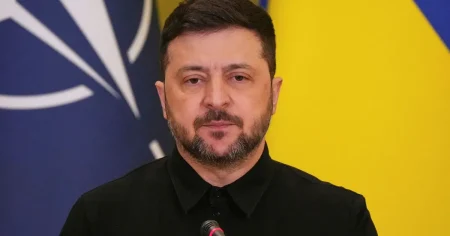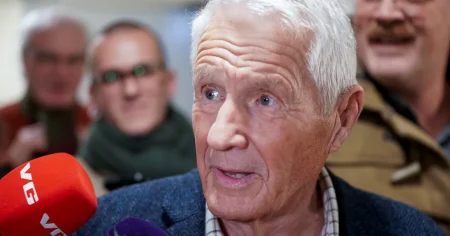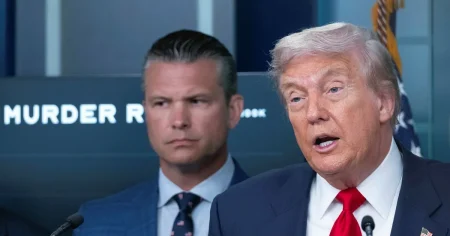The capture of two North Korean soldiers by Ukrainian forces, as announced by President Volodymyr Zelenskyy on X (formerly Twitter), has unveiled a clandestine layer of Russia’s war effort in Ukraine. Zelenskyy’s post, accompanied by images of the captured soldiers receiving medical care in Kyiv, underscores the lengths to which Russia allegedly goes to conceal the involvement of North Korean troops in the conflict. He highlighted the difficulty in capturing North Korean soldiers alive, claiming that Russian forces often eliminate wounded North Koreans to obscure their participation. This assertion aligns with previous reports from the Ukrainian military regarding the use of false identification documents by North Korean soldiers and the swift removal of their bodies from the battlefield, contrasting sharply with the handling of deceased Russian soldiers. Zelenskyy’s commitment to transparency is evident in his directive to the security services to grant journalists access to the captured soldiers, emphasizing the global need for awareness of the unfolding events.
The presence of North Korean soldiers fighting alongside Russian forces in Ukraine has been a subject of speculation and intelligence reports for some time. Intelligence gathered by the United States, several Western nations, and South Korea suggests a significant deployment of approximately 10,000 North Korean troops within Russian territory, with a considerable number reportedly stationed in the Kursk region. Furthermore, South Korean intelligence indicates the potential arrival of additional North Korean forces. This deployment highlights a complex geopolitical dynamic, where North Korea, under heavy international sanctions, is seemingly providing military support to Russia, potentially in exchange for economic aid or other strategic benefits. The reported high casualty rate among these North Korean soldiers, with estimates of hundreds killed and over a thousand wounded, further underscores the human cost of this covert military cooperation.
The involvement of North Korean troops in the Ukraine conflict paints a picture of Russia’s increasing reliance on external military support, particularly in the face of significant losses and manpower shortages. While Russia has consistently denied the presence of North Korean soldiers, the capture of these two soldiers provides concrete evidence to the contrary. This reliance extends beyond personnel to weaponry, with reports indicating that North Korea is supplying Russia with a substantial amount of military equipment. This armament supply, produced by an estimated 200 North Korean weapons factories operating at full capacity, reportedly includes artillery shells, rockets, and, more recently, drones. This flow of weapons from North Korea to Russia represents a significant breach of international sanctions imposed on North Korea and raises concerns about the escalating nature of the conflict.
Zelenskyy’s public disclosure of the captured North Korean soldiers serves multiple strategic purposes. Firstly, it exposes Russia’s attempts to conceal the extent of its reliance on foreign fighters, thereby challenging the Kremlin’s narrative about the conflict. Secondly, it highlights the international nature of the war in Ukraine, drawing attention to the involvement of actors beyond Russia and Ukraine. Thirdly, it potentially puts pressure on North Korea to reconsider its support for Russia, given the increased scrutiny and potential repercussions. Finally, by granting access to journalists, Zelenskyy aims to foster international awareness and condemnation of these covert military operations.
The alleged practice of eliminating wounded North Korean soldiers, as asserted by Zelenskyy, raises serious ethical and legal concerns. If proven true, such actions would constitute war crimes and further underscore the brutality of the conflict. The use of false identification and the swift removal of bodies suggest a deliberate attempt to obfuscate the true extent of North Korean involvement, potentially to avoid international condemnation and further sanctions. The contrast in treatment between deceased North Korean and Russian soldiers suggests a hierarchy of value placed on their lives, with the lives of North Korean soldiers seemingly considered expendable.
The unfolding situation with the captured North Korean soldiers provides a crucial window into the shadowy aspects of the war in Ukraine. It highlights the complexities of international relations, the lengths to which nations will go to pursue their strategic interests, and the human cost of armed conflicts. The ongoing investigation and the testimonies of the captured soldiers are likely to shed further light on this clandestine military cooperation and its implications for the broader geopolitical landscape. The international community must closely monitor these developments and hold all parties accountable for their actions to ensure adherence to international law and prevent further escalation of the conflict.


